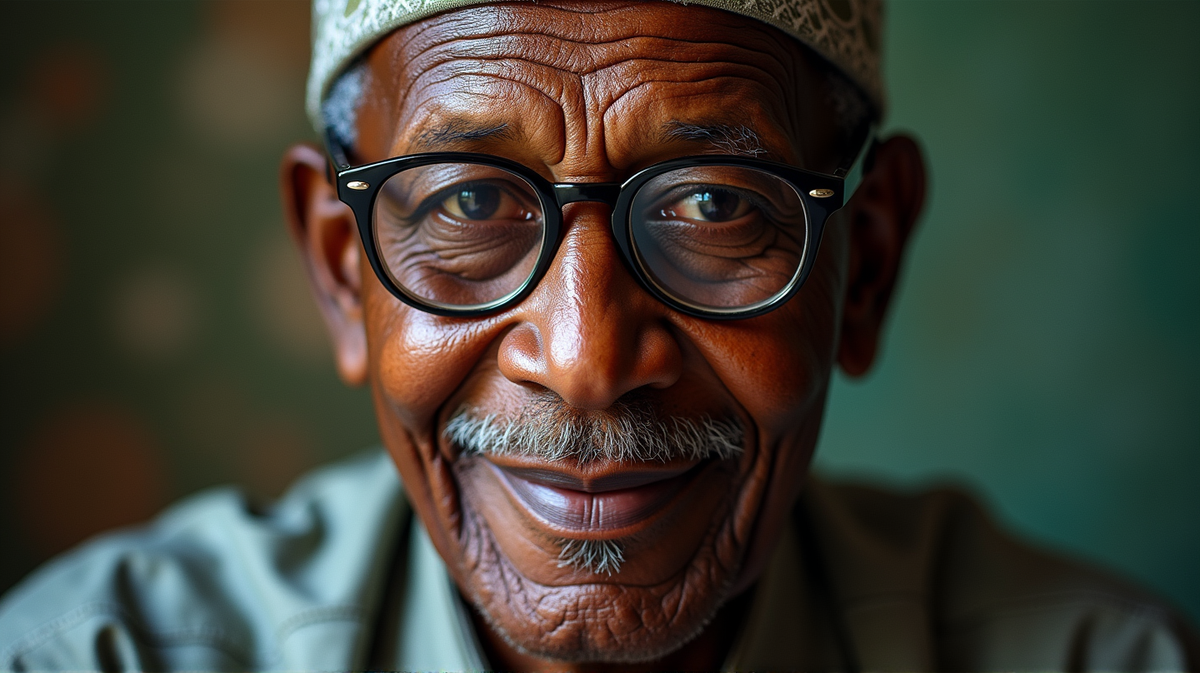From Military Leader to Uncertain Legacy: Remembering Muhammadu Buhari
Muhammadu Buhari's tenure as Nigeria's leader was filled with promises and challenges, leaving a complex legacy at his passing.

The Life and Times of Nigeria’s Former Leader
Muhammadu Buhari, a name synonymous with determination and tenacity, has passed at the age of 82, leaving behind a storied legacy in Nigeria’s political landscape. Born in December 1942 in Daura, Nigeria, Buhari’s journey from a military officer to the presidency was marked by significant milestones, challenges, and a continuous battle against corruption. Many will remember him for his historic election victory in 2015, marking the first time an opposition leader defeated an incumbent president in Nigeria’s democratic history.
A Promising Start Marred by Challenges
Buhari’s presidency promised reforms and a fight against corruption that resonated with hopeful Nigerians. Despite his military background providing an air of discipline and integrity, his administration faced criticism for its handling of economic downturns and insurgency issues. His term saw Nigeria grapple with a slump in global oil prices, Boko Haram’s persistent threat, and contentious economic decisions such as the ban on rice importation, which led to widespread discontent due to soaring prices.
Controversy and Criticism
Buhari’s second tenure was not without controversy. His administration struggled with accusations of human rights abuses, particularly the infamous incident at the Lekki tollgate, where soldiers were accused of firing at peaceful protesters. His response to national issues often drew mixed reactions, painting a complex image of a leader both criticized for slow governmental progression and praised for his incorruptibility.
The Enduring Legacy of ‘Baba Go Slow’
Often nicknamed “Baba Go Slow” for his cautious approach, Buhari’s political legacy is indeed multifaceted. His slow response in appointing a cabinet in 2015 earned him this moniker, yet it also reflected the entrenched systemic challenges he faced. As his time in office came to close, Buhari’s health and the opacity surrounding it raised questions about transparency and governance suitability amidst his absences for medical care in the UK.
Reflections on Leadership
Despite challenges that sometimes tainted his governance, Buhari’s tenacity and repeated attempts at leadership left a mark on Nigeria. His tough stance in the face of adversity, and a consistent image of incorruptibility, will remain a significant aspect of his legacy. As Nigeria moves forward, the memory of Muhammadu Buhari as a resolute yet divisive figure in Nigerian politics will linger, sparking discussions about leadership, progress, and the evolution of democracy in Africa’s most populous nation.
According to BBC, Nigerians reflect on his presidency, torn between appreciation for his attempts at reform and disillusionment over unmet promises. As the nation mourns his passing, the story of Muhammadu Buhari continues to be a testament to the challenging yet enduring path of political change in Nigeria.





